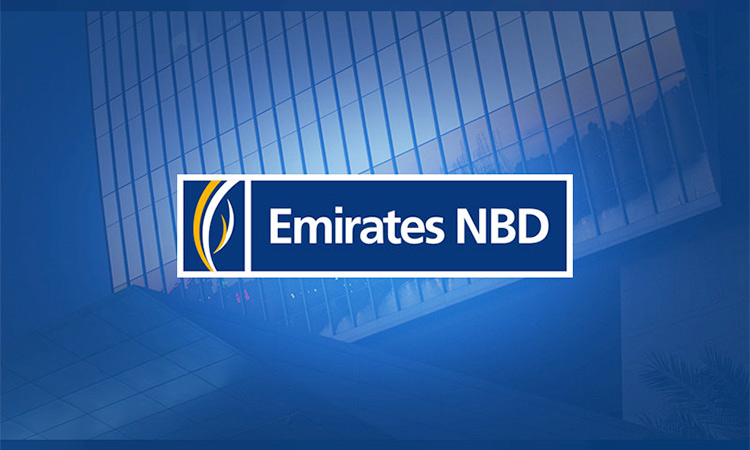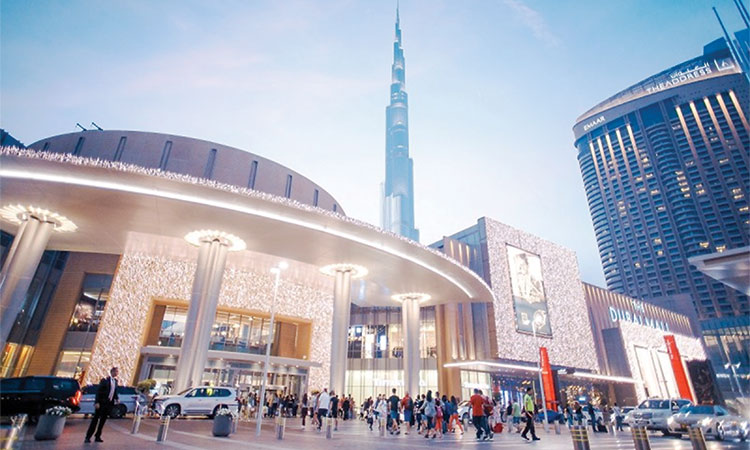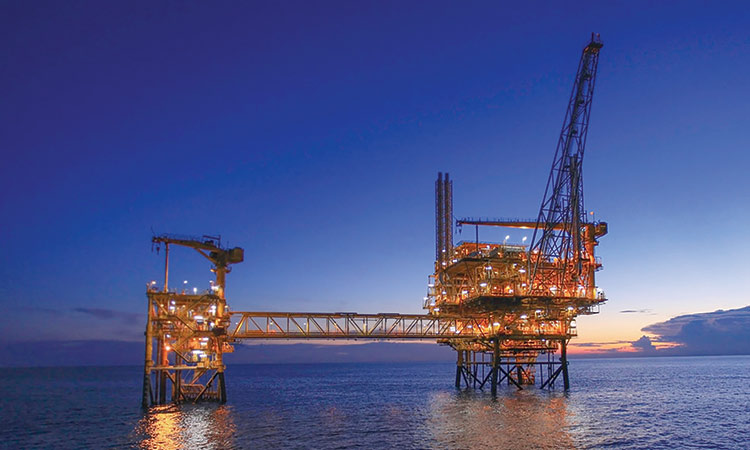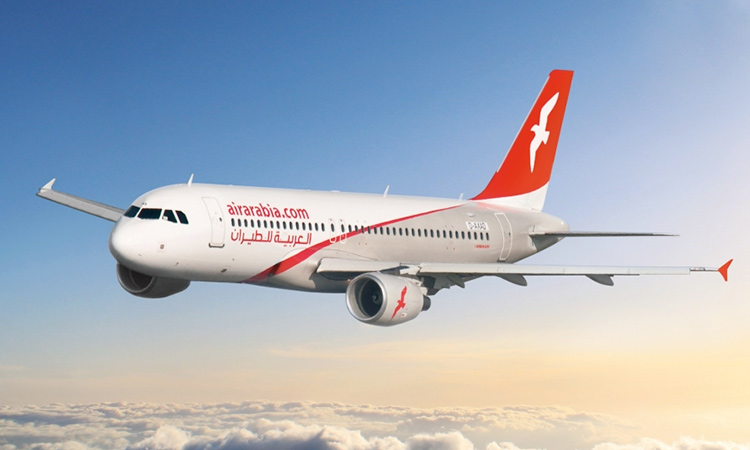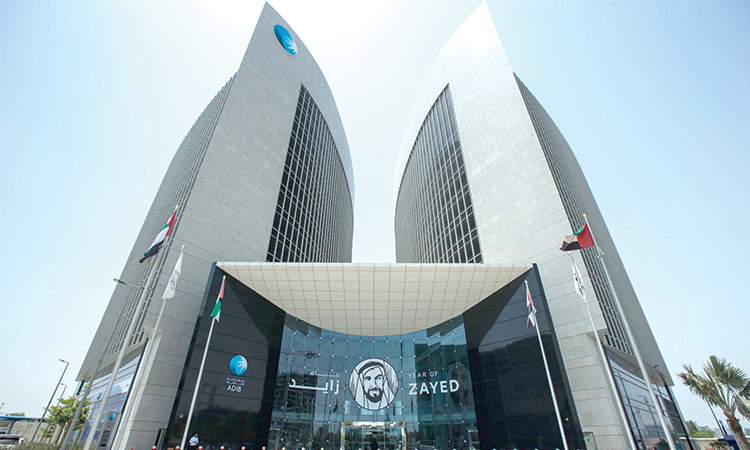UAE and US reaffirm desire to expand economic opportunities

Top officials of the UAE and US during the seventh Economic Policy Dialogue.
During the discussions, both countries reaffirmed their desire to expand engagement and pursue new economic, trade, investment, and commercial opportunities. Despite the challenges presented by the current global health situation, both sides applauded the convening of the event and emphasized their shared commitment to maintaining open and regular communication.
The two delegations confirmed that the UAE-US economic relationship remains close and constructive. They noted that non-oil bilateral trade between the UAE and the United States has grown consistently in recent years, with the UAE constituting the United States’ largest export market in the Middle East and North African region for the 11th consecutive year.
Both sides highlighted the mutual benefits of this relationship, with UAE trade and investment supporting more than 116,000 American jobs. It was also noted that the United States held a $15.6 billion trade surplus with the UAE in 2019, its third largest globally, thus underscoring the UAE’s position as a vital economic partner.
During the meeting, delegates from both countries discussed efforts to increase bilateral trade. The United States underlined its appreciation for the considerable progress the UAE continues to make in implementing open economic and investment policies and its ongoing efforts to strengthen regional economic prosperity.
Turning to broader commercial interaction, the UAE raised concerns about steel and aluminium tariffs and thanked the United States for the constructive bilateral dialogue that continues to take place on the newly expanded requirements relating to the Committee on Foreign Investment in the United States. Additionally, both sides committed to explore new potential areas for cooperation in a range of sectors, including food security, health security and healthcare research, space, customs matters, emerging technologies, and women’s economic empowerment in line with the United States’ Women’s Global Development and Prosperity Initiative. Upon conclusion of the meeting, the UAE and US delegations reiterated their desire to work closely and collaboratively in expanding bilateral trade and investment and seeking new opportunities for positive engagement.
In 2012, the UAE and United States partnered to form the Economic Policy Dialogue, which serves as an annual platform for both governments to promote bilateral trade and investments and to facilitate a more cooperative business environment.
The total value of the UAE’s non-oil trade in 2019 grew 4.4 per cent to Dhs1.603 trillion, compared to Dhs1.536 trillion in 2018, according to a recent figures revealed by the Federal Competitiveness and Statistics Authority.
The FCSA’s figures showed that all non-oil-related trade indexes in the UAE improved last year, led by the export and re-export trade indices, with the latter amounting to Dhs457.4 billion against Dhs431.55 billion in 2018, accounting for 28.5 percent of total foreign trade. Exports comprised 14.4 per cent of the total trade volume, rising from Dhs206 billion to Dhs231.23 billion during the reference period. The imports rose from around Dhs898.37 billion to Dhs914.8 billion, or 58 per cent of the total foreign trade.
The FCA said that the country’s non-oil trade partners remained stable in the year, with the Asia and Pacific Ocean region coming at the top of the list. China comes first with a total trade exchange volume of Dhs184.15 billion last year, followed by India at Dhs152 billion. Saudi Arabia comes next with a total trade exchange of Dhs113.25 billion, then the US, Dhs96.56 billion, Switzerland, Dhs65.2 billion, and then Oman, Dhs55.4 billion. The trade volume with Iraq reached Dhs53.75 billion, while it amounted to Dhs48 billion with Japan, Dhs44.7 billion with Germany and Dhs38.88 billion with Kuwait.
Separately, the non-oil trade exchange between the UAE and Australia totalled Dhs14.5 billion in 2019, a 17.4 per cent increase compared to 2018, reflecting the increasing trade between the two countries, as per a recent report issued by the “Commercial Policies and International Organisations Department” of the Ministry of Economy.
WAM


